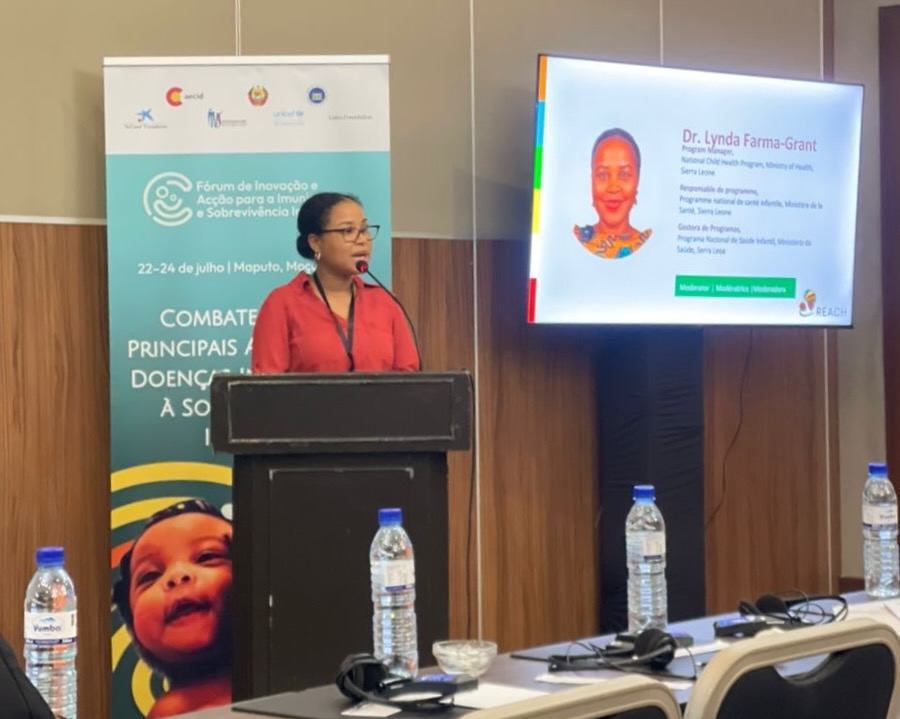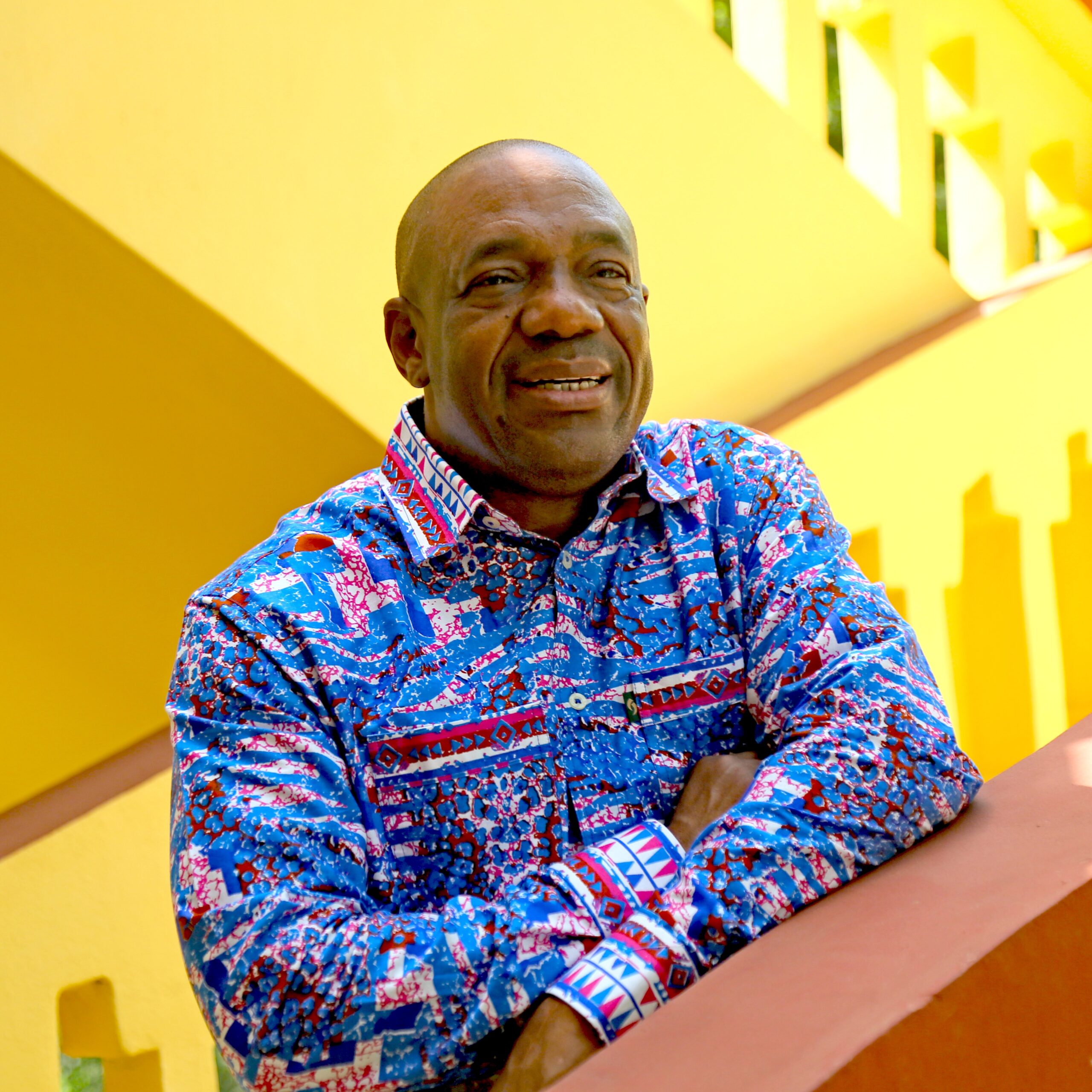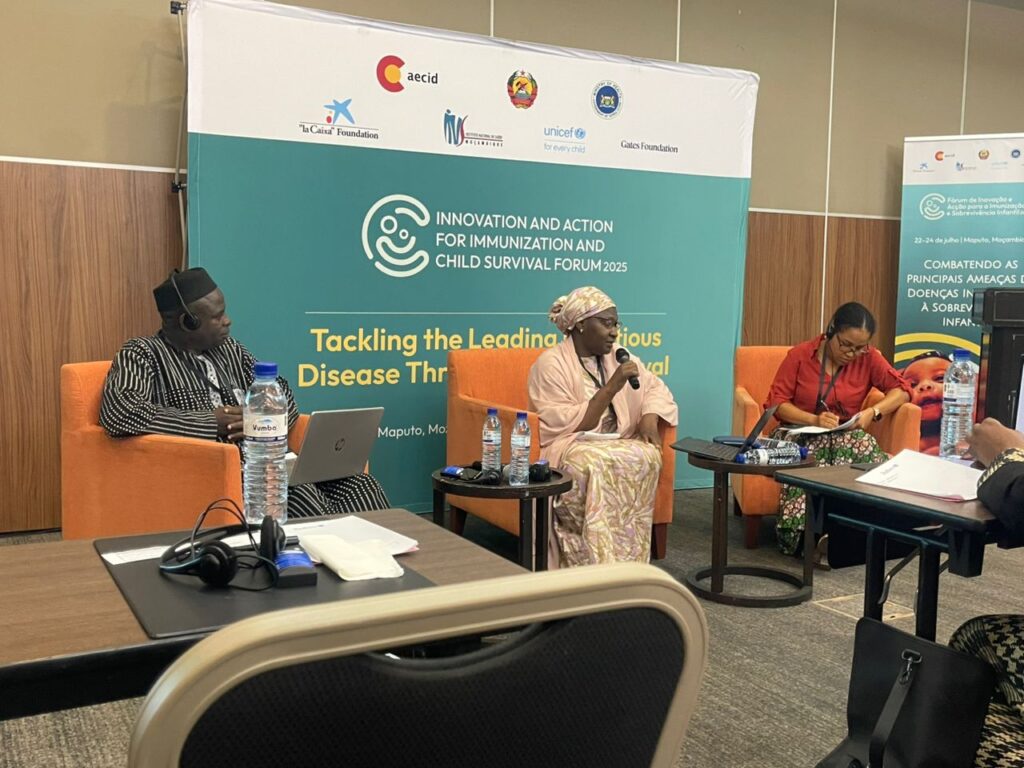As global health leaders gathered in Maputo, Mozambique, for the 2025 Innovation and Action for Immunization and Child Survival Forum, the REACH Network delivered a key message:
We must integrate and cooperate – do more, differently – in order to give children in the most vulnerable settings a fair chance to survive and thrive.

Dr Lynda Farma-Grant, National Child Health Programme and REACH Country Focal Point, Sierra Leone
At a dedicated REACH breakout session, on Thursday 24 July, entitled, “Accelerating Child Survival Progress through Integration & Innovation,” representatives of the REACH Network highlighted the ways in which bold, country-led models can drive impact at scale.
The session, moderated by the Network’s Sierra Leone Country Focal Point, Dr Lynda Farma-Grant (National Child Health Program, Sierra Leone), focused on integration in action and featured contributions from Dr. Amadou Sidibé, Director of Child Health at the Ministry of Health and Social Development, Mali, and Dr. Amina Mohammed, Director of Child Health at the Federal Ministry of Health and Social Welfare, Nigeria.

REACH Network Co-chair, Professor Samba Sow, who is responsible for REACH Mali rollout through the Center for Vaccine Development in Mali, also addressed the session.
“REACH is a fine example of how we can reach more children, more effectively, by integrating delivery of life-saving interventions,” he said.
“In high-mortality settings, azithromycin delivered twice a year can reduce child deaths by up to 25%. And at a cost of just $1 to $3 per child.”
“In Mali, we’ve integrated REACH with nutrition,” said Professor Sow. “In Nigeria, it’s delivered alongside polio, seasonal malaria chemoprevention, and routine immunization. REACH strengthens existing infrastructure. It is country-led, data-driven, and operationally efficient – and is delivered well, at scale.”
You can watch Professor Sow’s introduction to the session here:

The Child Health Forum in Maputo, confronted the very real possibility of stalling progress and increasing pressures on essential services and programmes as a result of conflict, climate change, and fragile health systems.
This context, however, only, makes the case for integrated, innovative solutions stronger.
As Professor Sow said, “REACH shows us what is possible when we move from siloed interventions to bundled delivery, from fragmented campaigns to strategic integration.
“It gives community health workers the tools to do more, with greater impact. It builds trust. And it reduces costs.”
Read more about the Innovation and Action for Immunization and Child Survival Forum 2025 here.
